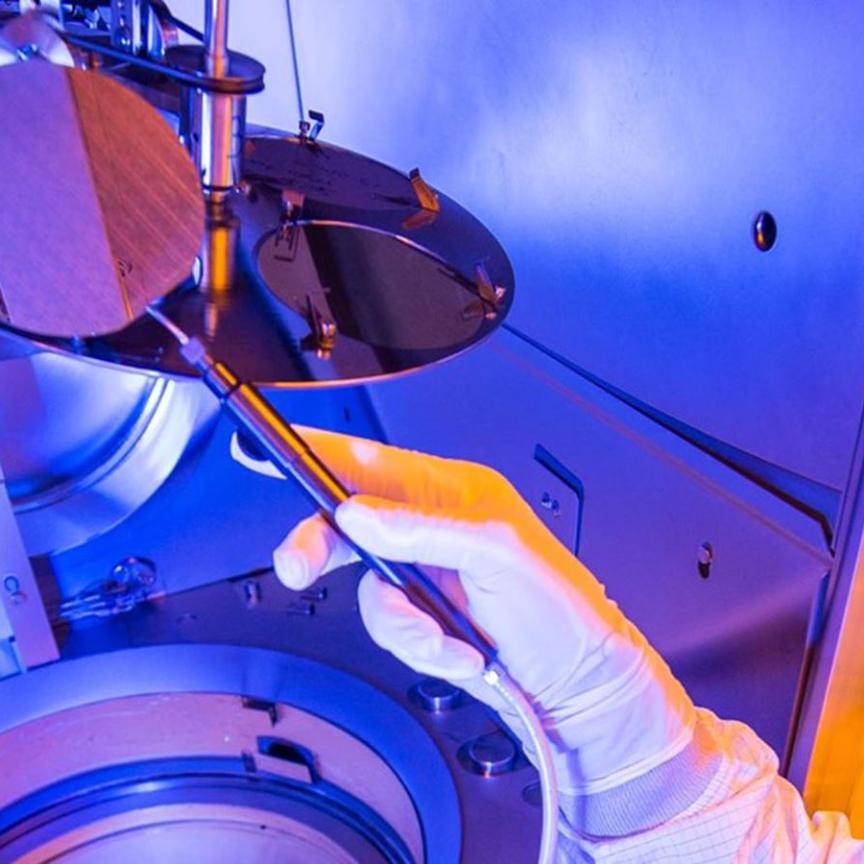A new type of integrated tunable laser has been developed that could improve optical ranging technology.
The new laser, developed by scientists at IBM and EPFL and described in Nature, is based on a material called lithium niobate, often used in the field of optical modulators, which controls the frequency or intensity of light that is transmitted through a device.
Lithium niobate is particularly useful because it can handle a lot of optical power and has a high “Pockels coefficient”, which means that it can change its optical properties when an electric field is applied to it.
To produce their new hybrid integrated tunable laser, the researchers first manufactured photonic integrated circuits (PICs) based on silicon nitride at EPFL, and then bonded them with lithium niobate wafers at IBM. The approach produced a laser with low frequency noise (a measure of how stable the laser's frequency is) and fast wavelength tuning – both great qualities for a laser used in lidar applications. Then they performed an optical ranging experiment where they used the laser to measure distances with high precision.
Beyond integrated lasers, the hybrid platform could enable integrated transceivers for telecommunications, as well as microwave-optical transducers for use in quantum computing.
"What is remarkable about the result is that the laser simultaneously provides low phase noise and fast petahertz-per-second tuning, something that has never before been achieved with such a chip-scale integrated laser," says Professor Tobias Kippenberg, who led the EPFL side of the project.
The chip samples were fabricated in the EPFL Center of MicroNanoTechnology (CMi) and the Binnig and Rohrer Nanotechnology Center (BRNC) at IBM Research.


